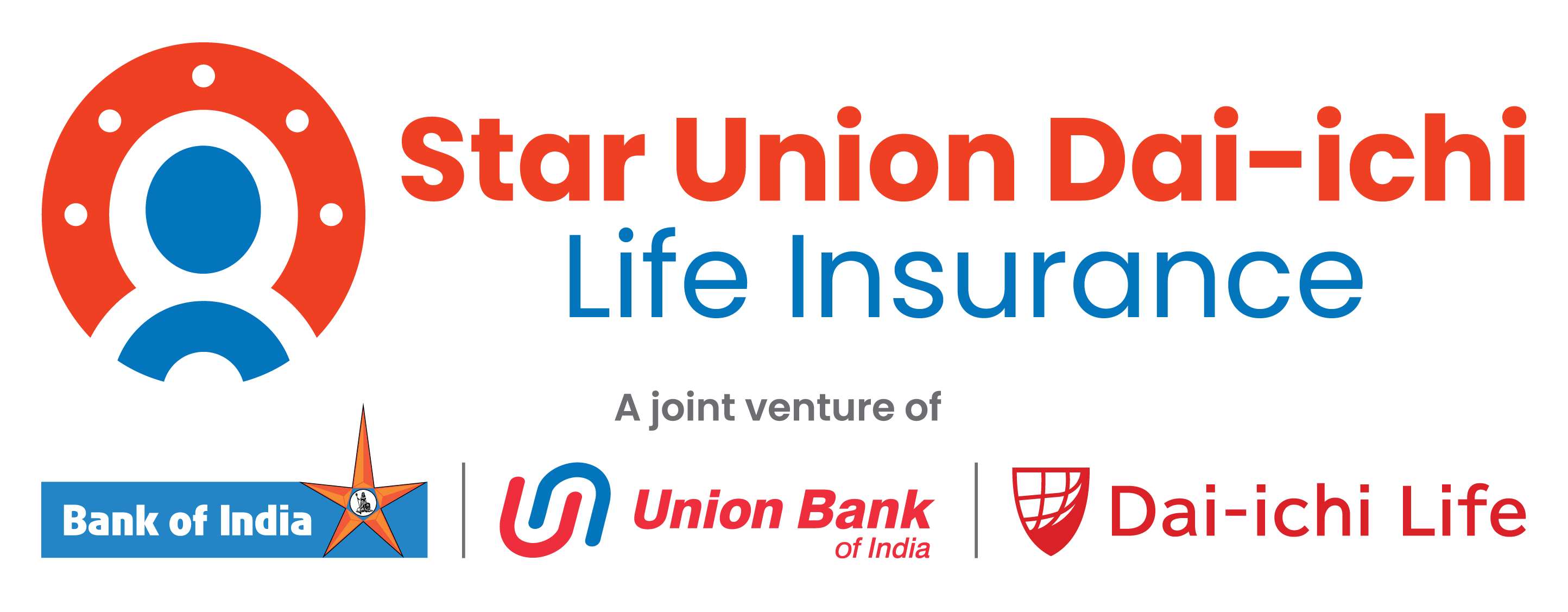SUD Life Protect Shield
 892 People reading this blog
892 People reading this blog
Does your Life Insurance money reach your family?

There is always a chance that your wife and children may not get a penny from your life insurance policy when they require the funds the most in your absence!
Well, if you’re thinking why would it even happen in the first place, trust us when we say that there’s enough reason for a situation like this to arise. How?
Let’s say you took a hefty home loan for that apartment in Mumbai or maybe your new business venture incurred debts that kept piling up.
In these cases, your life insurance proceeds may directly go towards offsetting your unsettled loans by court orders or can be claimed by your creditors, rightfully!
But there’s one way you can avoid this entire pickle of a situation! While buying the policy, you can choose to get it under the Married Women’s Property Act, of 1874 (MWPA).
What is the MWP Act?
Back in 1874, something quite revolutionary happened – the Married Women’s Property Act (MWP Act) came into play. It was like handing married women the keys to their own financial freedom, giving them full control over their sum assured from the life insurance, property, and savings if something were to happen to their better halves.
Now, let’s talk about Section 6 of the MWP and this part was the real game-changer. It stated that –
“A policy of insurance effected by any married man on his own life and expressed on the face of it to be for the benefit of his wife, or of his wife and children, or any of them, shall ensure and be deemed to be a trust for the benefit of his wife, or of his wife and children, or any of them according to the interests so expressed, and shall not, so long as any object of the trust remains, be subject to the control of the husband, or to his creditors, or form part of his estate.”
It basically said to the policyholder, “Hey, if you take out a life insurance policy, your cover amount will only and only go to your wife and children to the creditors you owed money to in your absence”. So, even if life threw some curveballs at the husband, his family’s financial safety net was safe and sound.
What’s the added use for an MWP Act?
When designated for the benefit of the wife and children, the policy becomes immune to outside claims. This means that your relatives now cannot stake a claim on it.
In the unfortunate event of the policyholder’s sudden demise, any outstanding debts or loans cannot be settled using the funds from the term policies protected under the MWP Act. This makes sure that the money reaches your wife and kids directly.
Furthermore, the policy under the MWP Act operates independently as a separate trust and cannot be included in the policyholder’s will. This helps prevent any potential misunderstandings or disputes regarding the distribution of assets.
If you reside in a joint family, opting for a policy with MWP Act protection ensures that the wife and children are shielded from any familial disagreements as well and ensures their financial security remains intact, regardless of any family disputes that may arise.
Can anyone get a Life Insurance Policy under the MWP Act?
Whether you’re a married woman, a widower, a divorcee, or a married man, you can opt for insurance under the MWP Act.
If you’re a married woman/widower/divorcee, this means having the power to ensure the security of your children in the absence of your spouse by choosing insurance under the Married Women’s Property Act.
If you’re a business owner with some decent accumulated savings, insurance under the MWP Act can cover your family from the burden of debts. Similarly, as a salaried individual with outstanding loans, opting for MWP Act insurance can ease the financial strain on your family in case of your demise.
On the other hand, if you’re a member of a joint family or Hindu Undivided Family (HUF), selecting insurance under the MWP Act ensures that family assets are safeguarded and distributed according to your wishes. And if you have an unstable or irregular income, MWP Act insurance provides a reliable source of financial support for your family, even during uncertain times.
Who can your nominee be?
Under the Married Women’s Property Act (MWP), the beneficiary options are limited to –
1.Wife + Child/Children (both natural and adopted)
2.Only Wife
3.Only Children (both natural and adopted)
It’s important to note that under no circumstances can the husband or any other relative be named as a beneficiary, even if the husband maintains and pays premiums for the policy. Once beneficiaries are decided and nominated, they remain unchanged throughout the policy’s duration.
Even in the event of divorce, the wife continues to remain a beneficiary and cannot be replaced as the nominee. However, in the unfortunate event of the beneficiary wife’s early demise, the legal heir of the policyholder becomes eligible to claim the insurance amount. Therefore, it’s advisable to declare more than one beneficiary at the time of purchasing the policy to ensure comprehensive coverage and smooth claims processing.
How do I buy a Life Insurance policy under the MWP Act?
Purchasing a term insurance plan under the Married Women’s Property (MWP) Act is a straightforward process, similar to buying a regular term insurance policy. Here’s a step-by-step guide –
1.Pick and choose the term insurance plan you wish to get from your insurer.
2.Complete the insurance proposal form, providing all the necessary information.
3.In one section of the form, you’ll be asked if you’re opting for the term insurance under the MWP Act. Select “Yes.”
4.Proceed to provide the details of your nominee(s), including their name, date of birth, and their relationship to you, and specify the percentage of benefits to be allocated to each nominee.
By following these steps, you can easily purchase a term insurance plan under the MWP Act, ensuring added protection and security for your loved ones.
Disclaimer
Star Union Dai-ichi Life Insurance Company Limited
IRDAI Regn. No: 142 | CIN: U66010MH2007PLC174472
Registered Office: 11th Floor, Vishwaroop I.T. Park, Plot No. 34, 35 & 38, Sector 30A of IIP, Vashi, Navi Mumbai – 400 703 | Contact No: +91 22 7196 6200 | 1800 266 8833 (Toll Free) | Timing: 9:00 am – 7:00 pm (Mon – Sat)| Email ID: customercare@sudlife.in | Visit: www.sudlife.in | For more details on risk factors, terms and conditions, please refer to the sales brochure carefully, before concluding the sale. |Trade-logo displayed belongs to M/s Bank of India, M/s Union Bank of India and M/s Dai-ichi Life International Holdings LLC and are being used by Star Union Dai-ichi Life Insurance Co. Ltd. under license.
BEWARE OF SPURIOUS/FRAUD PHONE CALLS:
IRDAI is not involved in activities like selling insurance policies, announcing bonus or investment of premiums. Public receiving such phone calls are requested to lodge a police complaint






